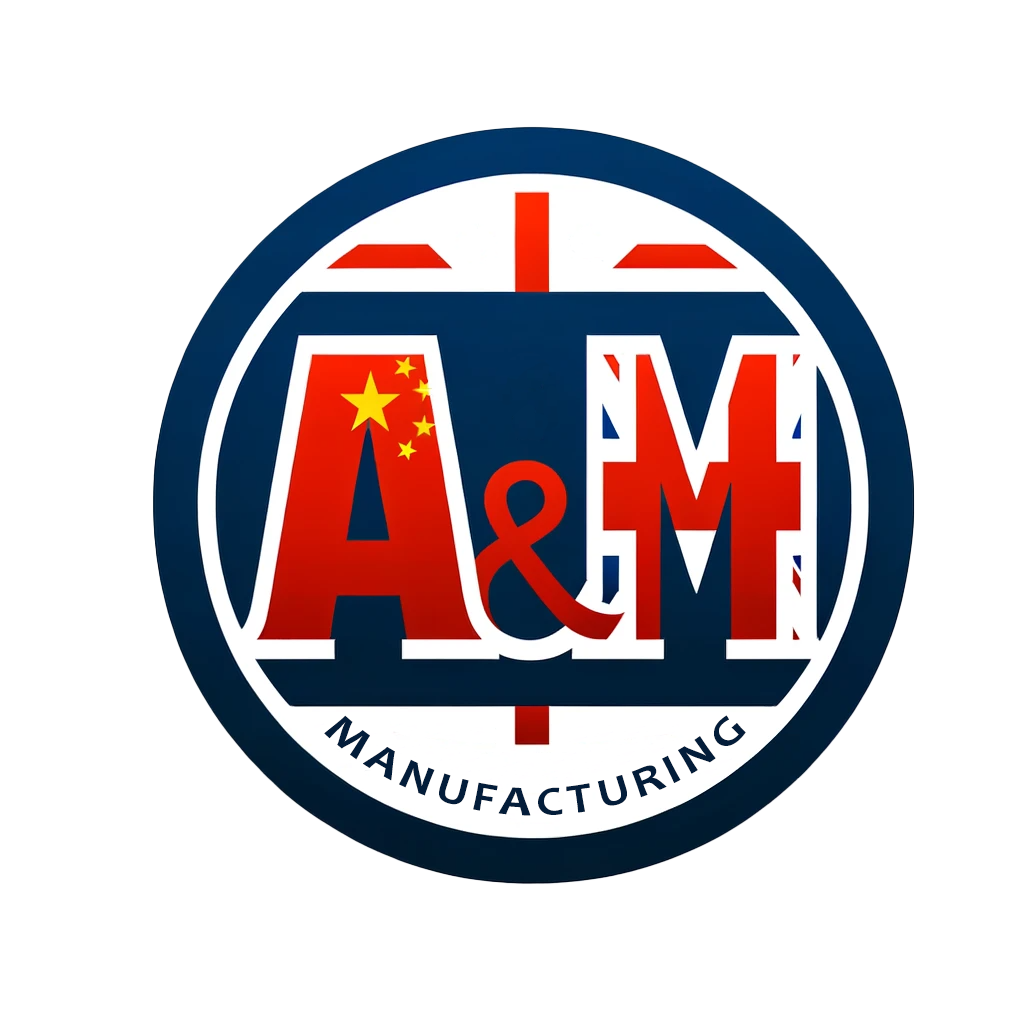Address
2 Porters Mews
Codicote, Hertfordshire SG4 8US
Send An Enquiry
info@manufacturingsolution.co.uk
Precision machining is a manufacturing process used to create complex parts with tight tolerances and fine details that cannot be achieved through conventional machining methods.
It involves the removal of material from a workpiece while maintaining high precision and accuracy, often to tolerances measured in micrometres.
This process utilises advanced machine tools, such as CNC (Computer Numerical Control) machines, which are capable of cutting, drilling, grinding, and shaping materials with exceptional precision based on pre-programmed computer instructions.
A & M Manufacturing Company Ltd has over 30 years of manufacturing experience. In the past few years, we have built a robust manufacturing network in China and Taiwan, including four precision machining workshops. We are equipped with the world’s most advanced precision machining facilities and equipment.
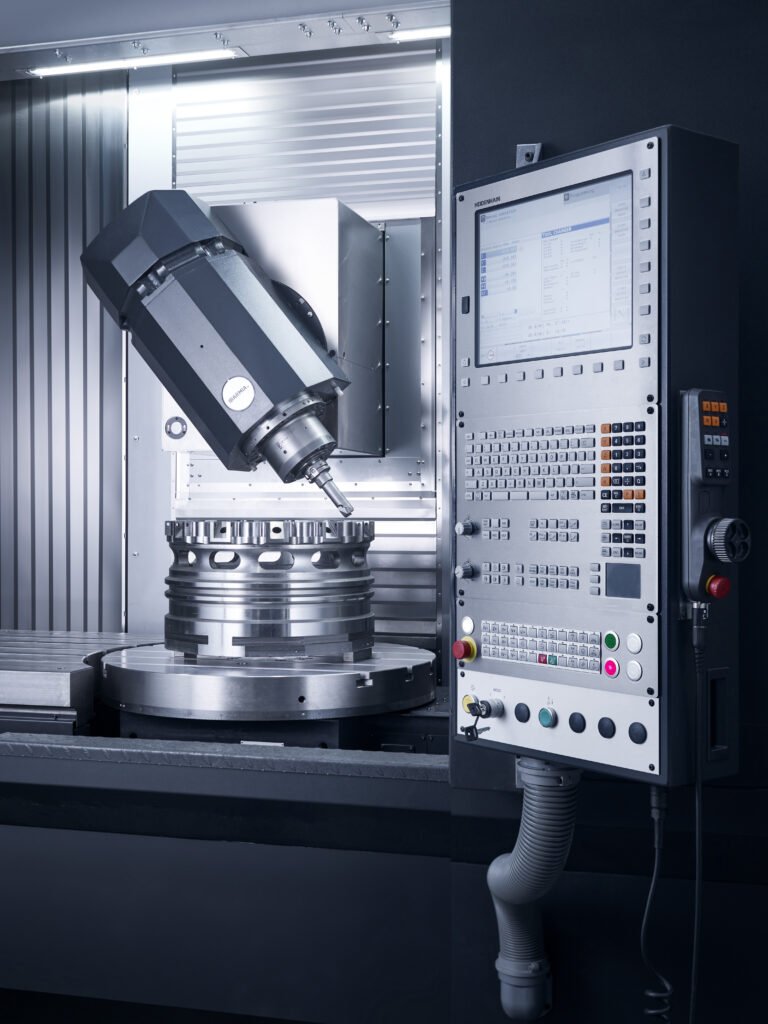
Precision machining offers a host of advantages that make it indispensable in modern manufacturing processes, particularly for applications requiring high levels of accuracy and consistency. Here are the key benefits:
1. High Accuracy and Precision
Precision machining processes are capable of achieving extremely tight tolerances, often down to thousandths of an inch or even less. This high level of accuracy is crucial for the production of components that must fit together perfectly and function reliably in applications where there is little margin for error.
2. Complex Geometries and Detailed Parts
With advanced CNC machinery and sophisticated programming, precision machining can produce complex shapes and intricate details that are not possible with less precise manufacturing methods. This capability is essential for creating components with specific functional geometries, such as those found in aerospace, medical devices, and electronics.
3. Superior Surface Finishes
Precision machining can achieve excellent surface finishes, reducing or eliminating the need for additional surface treatment processes. A high-quality surface finish is not only aesthetically pleasing but can also improve the performance of a part, such as reducing friction or enhancing wear resistance.
4. Material Versatility
Precision machining processes can work with a wide array of materials, including both ferrous and non ferrous metals, plastics, ceramics, and composites. This versatility allows us to choose the optimal material for a given application based on properties like strength, weight, corrosion resistance, and cost.
5. Efficiency and Speed
CNC and automated precision machining processes are highly efficient, capable of producing parts quickly and with minimal waste. This efficiency is beneficial for both short production runs, where it can reduce lead times, and large-scale production, where it can significantly decrease overall manufacturing costs.
6. Consistency and Reproducibility
Automated precision machining ensures that each part is produced to the same specifications as the last, providing excellent consistency and repeatability. This reliability is crucial for manufacturers who need to maintain strict quality control standards across large volumes of parts.
7. Reduced Assembly Times
Parts produced with high precision require less time and effort during assembly, as components fit together seamlessly. This not only speeds up the assembly process but also reduces the potential for errors and defects in the final product.
8. Customisation and Flexibility
Precision machining is highly adaptable, making it suitable for custom or specialised projects. We can easily adjust designs and production processes to accommodate unique specifications or changes in demand.
9. Cost Savings in the Long Run
While the initial investment in precision machining technology and equipment can be high, the long-term savings in material costs, reduced waste, and efficiency gains often outweigh these upfront costs. Additionally, the durability and longevity of precisely machined parts can lead to lower maintenance and replacement costs over time.
Precision machining encompasses various techniques and processes, each suited to specific applications based on the material, design complexity, tolerance requirements, and production volume.
1. CNC Milling
CNC milling involves the use of computer-controlled machine tools to remove material from a workpiece in a precise manner, creating complex shapes and features. It’s suitable for producing parts with intricate geometries, including slots, holes, and channels. Use CNC milling when you need high precision and versatility in part design, particularly for both prototyping and production runs.
2. CNC Turning (Lathe)
CNC turning or lathe operations involve rotating the workpiece while a cutting tool moves in a linear motion. This process is ideal for creating cylindrical parts with precise diameters, such as shafts, knobs, and bushings. Choose CNC turning when working with round or tubular shapes and needing high precision in diameter and roundness.
3. Electrical Discharge Machining (EDM)
EDM, including wire EDM and sinker EDM, uses electrical discharges (sparks) to machine hard materials and intricate details that are difficult to achieve with traditional machining processes. It’s particularly useful for producing precise contours, intricate cutouts, and complex shapes in hard metals. Use EDM for materials that are tough to machine with conventional cutting tools or when requiring extremely tight tolerances and fine surface finishes.
4. Grinding
Precision grinding uses abrasive wheels to remove material from a workpiece, achieving high surface quality and dimensional accuracy. It’s divided into several types, including surface grinding, cylindrical grinding, and centerless grinding, each suited for different part geometries. Grinding is the go-to process for finishing operations when you need exceptional surface finishes and tight tolerances, especially for hard materials.
5. Laser Cutting and Engraving
Laser cutting and engraving use high-powered lasers to cut or engrave materials with extreme precision. While not a traditional subtractive machining process, it allows for precise cutting of metals, plastics, and composites. Opt for laser processes for intricate designs, detailed engravings, or when working with materials sensitive to mechanical processing.
6. Waterjet Cutting
Waterjet cutting employs a high-pressure stream of water, often mixed with abrasive particles, to cut materials. It’s suited for cutting a wide range of materials without introducing heat or mechanical stresses. Use waterjet cutting for materials that are sensitive to high temperatures or when needing to cut thick, hard materials like stone or metal without altering their intrinsic properties.
7. Swiss Machining
Swiss machining, or Swiss screw machining, is a type of precision turning where the workpiece is supported with a guide bushing, allowing for tight tolerance machining over long lengths relative to the diameter. It’s ideal for small, complex parts like those used in medical devices, electronics, and aerospace applications. Use Swiss machining for parts requiring extreme precision, especially if they are long and slender.
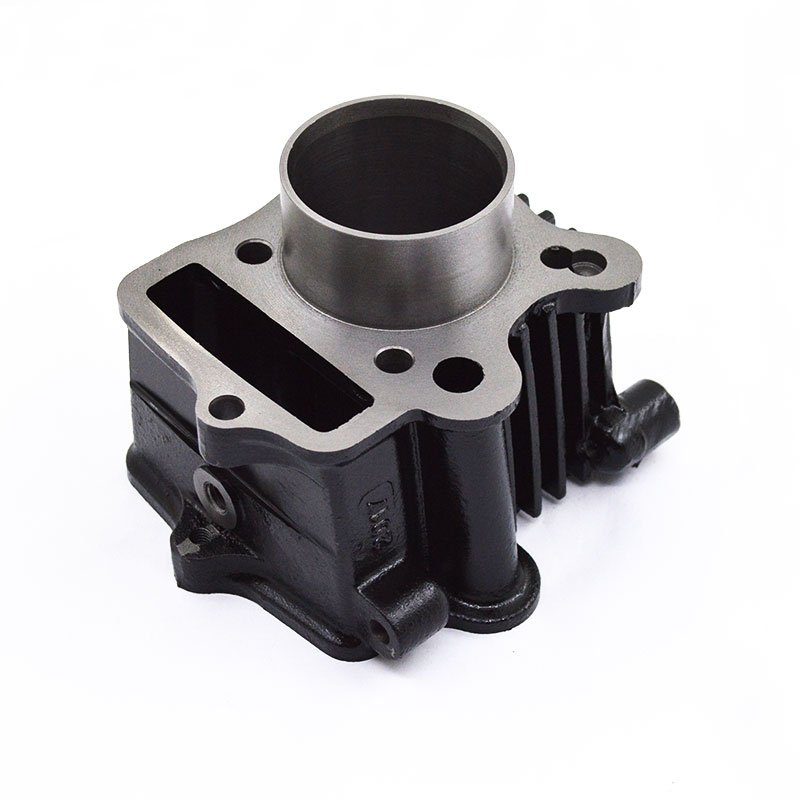
Here at A & M Manufacturing Company Ltd, we specialise in offering a wide range of machining services, utilising the most advanced precision machining equipment.
Our capabilities include 4-axis and 5-axis CNC machining centres, Swiss-Type CNC Lathes, Electrical Discharge Machines (EDM), Ultra-Precision Machining Equipment, Laser Cutting and Engraving Machines, as well as Automatic Tool Changers (ATC).
Our comprehensive manufacturing solutions encompass machining from solid parts, tooling machining, post-casting machining, and a variety of surface finish machining services. This versatility allows us to cater to diverse industry requirements, ensuring precision and quality across all projects.
In addition to our advanced machining capabilities, we provide end-to-end project management from design assistance and prototyping to full-scale production and quality assurance. Our team of experienced engineers and technicians works closely with clients to optimise designs for manufacturability, reducing costs and improving product performance.
All our affiliated machining workshops are ISO 9001 accredited, ensuring that we adhere to the highest standards of quality management and operational efficiency. Finished products undergo rigorous inspection by both our partners in China and our team in the UK. We are committed to excellence and would never dispatch a product if there’s the slightest doubt about its quality. Our dedication to maintaining the highest quality standards guarantees that all products we deliver meet or exceed customer expectations.
At A & M Manufacturing Company Ltd, we pride ourselves on our ability to tackle complex challenges and deliver bespoke solutions that meet the unique needs of our clients. Whether you require precision components for the aerospace, automotive, medical, or any other sector, we have the expertise and the technology to bring your concepts to life with unparalleled precision and quality.
Decades of Expertise: With over 30 years in precision machining, our extensive experience ensures expertise in a wide range of complex projects.
Rigorous Quality Control: We adhere to ISO 9001 standards, with thorough inspections in China and the UK, guaranteeing top-quality products.
Innovative Solutions: Our team excels in overcoming industry challenges, delivering custom solutions across multiple sectors, including aerospace, automotive, defence, railway system, oil & gas, marine and medical, and many more.
Advanced Technology: Our investment in state-of-the-art equipment, such as 4-axis and 5-axis CNC centres and EDM machines, enables us to meet precise machining demands efficiently.
Flexible Supplying Options: Our UK stockholding facilities offer flexible supply options, ensuring quick and adaptable responses to customer needs.
Partner with A & M Manufacturing Company Ltd for unparalleled precision machining services, where quality, efficiency, and customer satisfaction are at the heart of what we do.
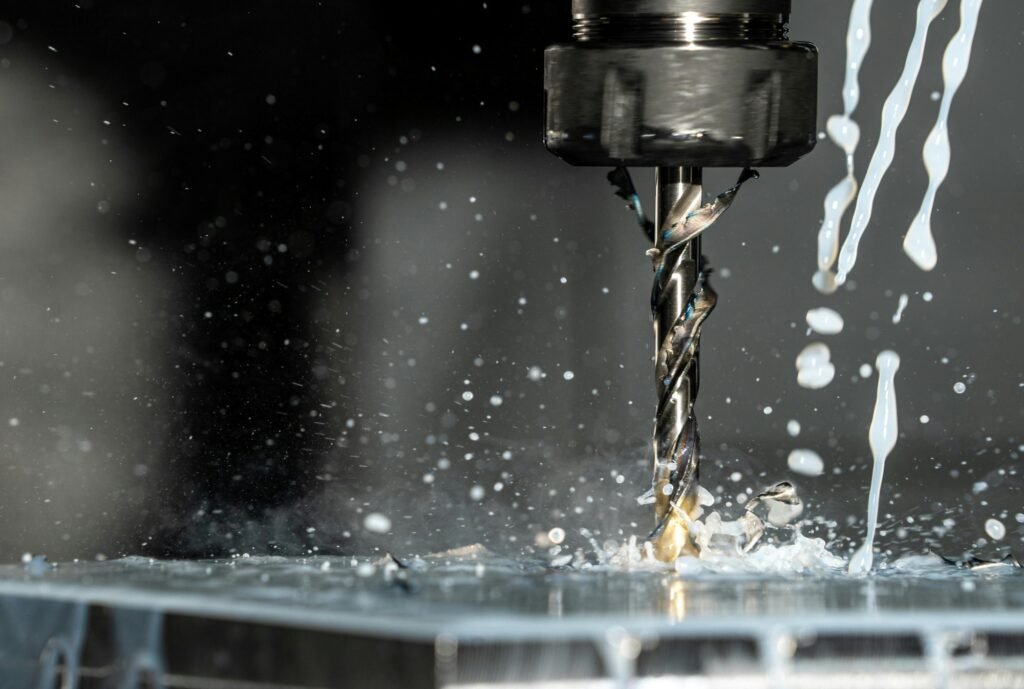
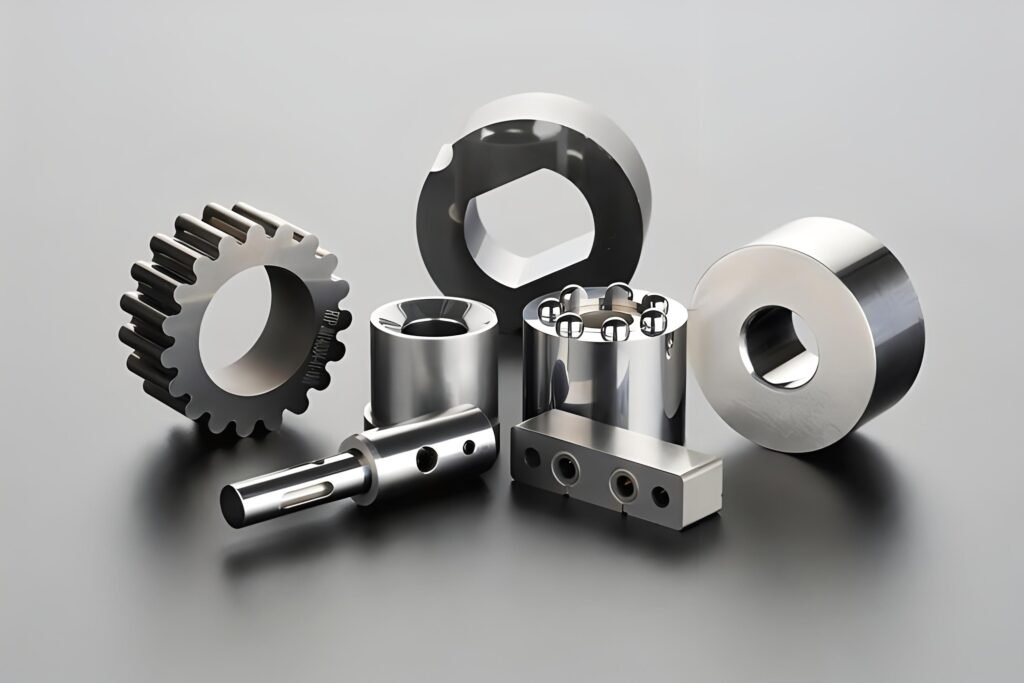
1. Aerospace
2. Automotive
3. Railway System
4. Marine
